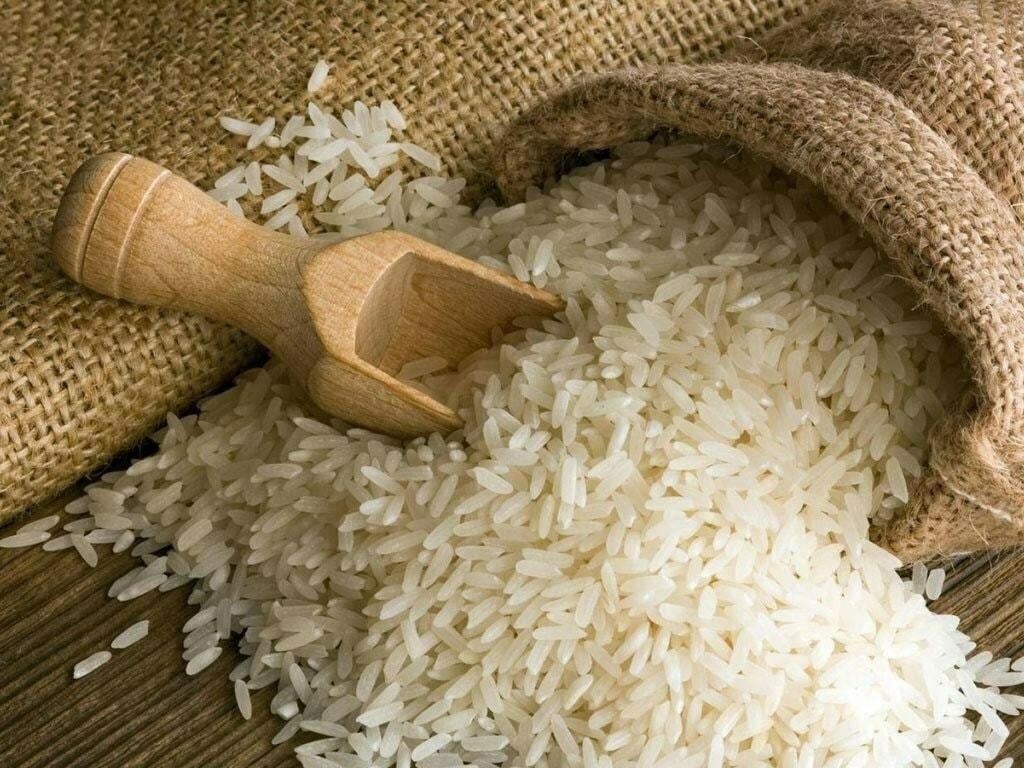Tags
The Food Safety Crisis in Iran: Contaminated Rice Imports

By Jubin Katiraie
The sharp criticism by Majlis (parliament) members of the Iranian regime regarding the importation of rice contaminated with arsenic and zoonotic diseases has once again brought the issue of food security in Iran to the forefront.
During a public session of the Majlis on Sunday, December 8, MP Ali Asghar Bagherzadeh criticized the allocation of foreign currency for importing contaminated rice. Citing official statistics, he stated, “11.5% of the imported rice is contaminated with arsenic, and another 4.5% is tainted with rodent-related pollutants and zoonotic diseases.”
Bagherzadeh emphasized that allocating foreign currency to such products, especially when the country faces shortages of essential goods and medicine, poses a serious threat to domestic agriculture and national food security.
The Long History of Contaminated Rice Imports
The issue of contaminated rice imports in Iran is not new. In the early 2010s, news of contamination in some imported rice reached the media.
In 2013, following revelations about imported rice contaminated with arsenic, Masoumeh Ebtekar, then head of the Environmental Committee of the Tehran City Council, warned: “Reports of contaminated rice imports have been received, and the harmful effects of arsenic have been confirmed. We urge people to pay special attention to their children’s health.”
The main issue lies in the conflicting statements from responsible organizations. In 2013, the Food and Drug Administration announced that 12 samples of imported rice were contaminated, while the Standards Organization identified only 11 contaminated samples.
Since then, multiple cases of imported rice contaminated with lead and arsenic have been reported.
Ambiguity in the Import Process and Potential Corruption
One of the most pressing unanswered questions is how this contaminated rice enters Iranian markets. According to current laws, imported goods are only allowed into the country after receiving approvals from the Food and Drug Administration.
However, experts question how contaminated rice has passed through the oversight processes and been made available in the market.
Experts believe this points to a serious flaw in regulatory mechanisms. Some also suspect corruption in the import process, particularly as the importation of contaminated goods has repeatedly occurred without any clear accountability from officials.
In December 2022, the head of the Health Committee in the Majlis, during a special session for World Food Day, addressed one of the most controversial topics in the country’s food industry.
He revealed that the then-director-general of Tehran’s Standards Office was forced into retirement after exposing the contamination of imported rice. At least 13 types of imported rice were officially declared contaminated, but under pressure, some officials were forced to claim the rice was safe.
Monopolies in Food Imports
The case of currency fraud and Debsh Tea exposed the monopolistic power of certain familial groups in the country’s food industry.
These groups, controlling the import of items such as rice, oil, and tea, have managed to manipulate state currency allocations to their advantage.
Reports indicate that these groups also use their influence to bypass food safety and standards regulations.
In March 2023, the secretary of the Rice Importers and Suppliers Commission announced the resumption of rice imports from India, claiming, “All imported rice undergoes rigorous testing, and any contaminated cases are not allowed into the country.”
Experts argue that insisting on rice imports amidst a shortage of foreign currency resources is only justifiable if domestic rice production cannot meet market demands.
This point was challenged in September by the head of the Program and Budget Committee of the Majlis, who revealed that 500,000 tons of rice were imported at a cost of $560 million, despite the need being only 100,000 tons.
No information has yet been released about identifying or prosecuting those responsible for this misconduct.
https://iranfocus.com/economy/52754-the-food-safety-crisis-in-iran-contaminated-rice-imports/Published Date: December 10, 2024






